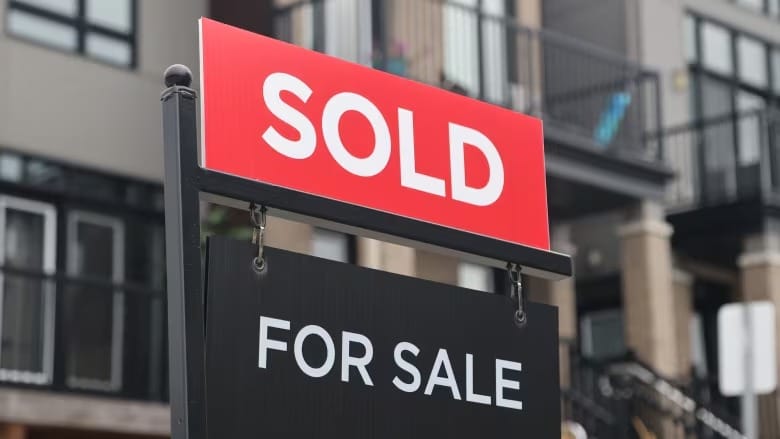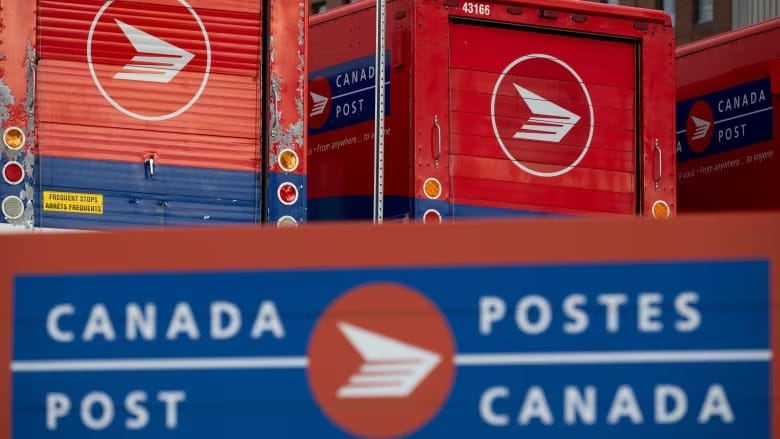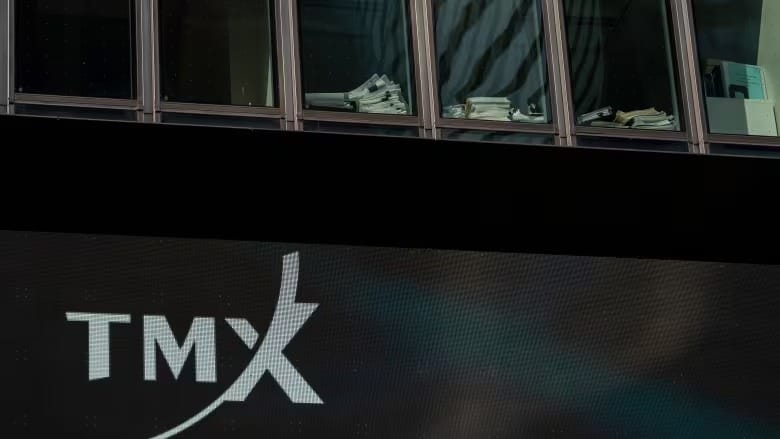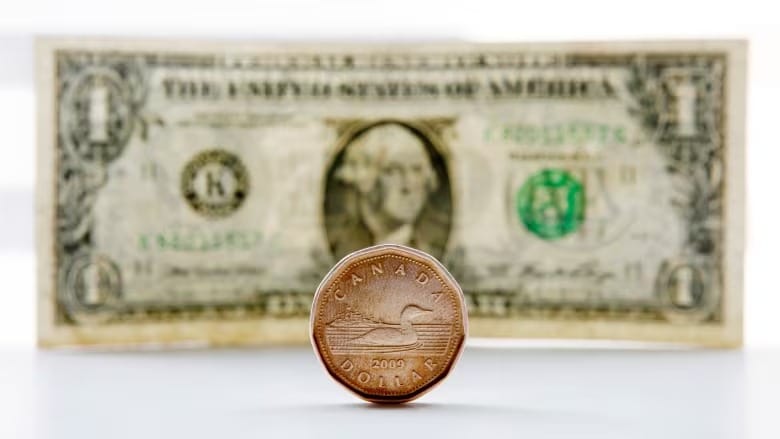For some homebuyers, cashback rebates can save thousands in real estate commissions
Negotiating real estate commissions is consumer-friendly, expert says

Earlier this year, Mehrdad Khayeri bought his dream home in the Greater Toronto Area and received an added bonus: nearly $35,000 back, thanks to a cashback arrangement he negotiated with his real estate agent.
Khayeri explained that he and his wife did much of the work themselves. "With so many online tools nowadays, like House Sigma and MLS, the agents are actually doing maybe less work," he said. While his agent still earned a 2.5 percent commission on the sale price, he returned about three-quarters of that fee to Khayeri. This cashback practice is gaining traction as buyers question rising commission costs amid escalating home prices.
In Canada, it's typically the seller who covers the commission fees for both agents involved in a transaction. However, some agents are offering cashback rebates to buyers, effectively reducing the overall purchase cost. In high-cost cities like Vancouver and Toronto, where average home prices exceed $1 million, this can translate into substantial savings.
Real estate agent Alex Kvitnitsky, who works with clients in this way, says he often shares as much as 50 percent of his commission. "That's money that you can use to offset your land transfer tax cost, legal costs, or allocate toward renovations," he noted. This rebate strategy has attracted a variety of clients, from first-time homebuyers to investors, many of whom are well into their property search before reaching out.
As consumer preferences shift, so do the norms in real estate services. "Buyers are now very savvy and want to be part of the process, doing their own research and identifying properties on their own," Kvitnitsky observed.
Commission rates in Canada are generally flexible, evolving according to industry norms rather than strict guidelines. Tom Davidoff, a real estate expert at the University of British Columbia, views cashback rebates as beneficial for consumers. "Commissions are very rich, and I think it's a good thing if these things are negotiated," he commented. The Canadian Real Estate Association’s code of conduct allows agents to set their commission rates, though not everyone in the industry agrees with the cashback practice, arguing it could impact service quality.
Davidoff believes resistance to these changes may be driven by self-preservation, as more negotiations could establish new industry norms. However, he still sees value in experienced agents who provide skilled support to buyers. For those considering a cashback agent, he suggests researching the agent’s transaction history as a key step. "Make sure you kick the tires. If they have a lot of experience, I don't think there's anything wrong with it."
In the Greater Toronto Area, real estate agent Mike Zhou offers a flat fee model through his company, Robin Hood Properties, charging $5,000 plus additional fees per showing and offer. After expenses, Zhou returns the rest of his commission to clients. He described his approach as hands-off, appealing to buyers who are more self-sufficient, while noting it might not suit those who need extra guidance.
Jenny Korotkyi, a mortgage agent in Barrie, Ontario, felt confident using a cashback agent due to her industry experience. She emphasized the importance of getting any rebate agreements in writing. Reflecting on her savings, she said, "On one of the purchases, we saved about $20,000. Another recent one was a small condo, so it was just about $6,000, but $6,000 is still a lot of money."
Khayeri expressed satisfaction with his decision to work with a cashback agent. "This is the biggest purchase you’re likely making, so you might as well be informed. If you can save on the back end from the commission, that's helpful," he said.





